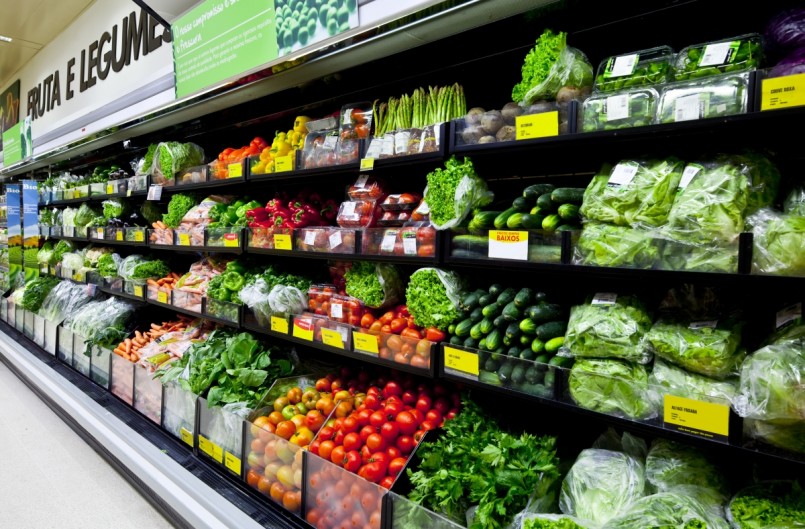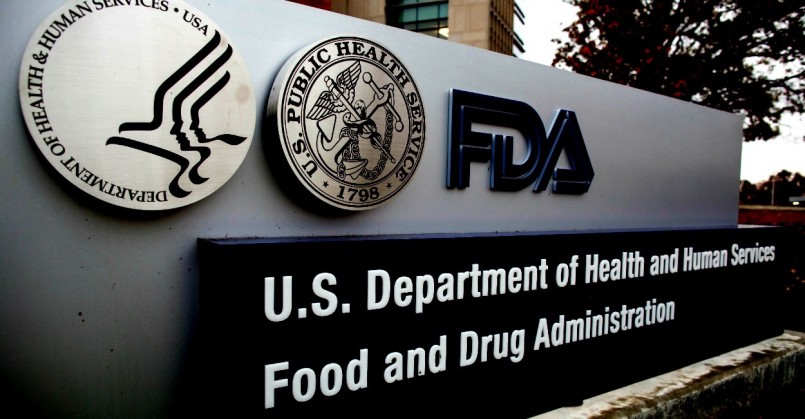Environment
The FDA, terrorism, and our food supply

Photo: www.errt.org – FDA and Terrorism
In our post-9/11 world, terrorism is a nearly constant threat. It slows down travel, complicates public events, costs us billions of dollars, and takes up a good portion of our politicians’ time.
But until now, one incredibly important aspect of our lives has gone largely un-talked about in concerns to terrorism—the food supply. The Food and Drug Administration (FDA) has taken a step towards preventing a bio-terroristic attack in what they call a measure “…aimed at preventing intentional adulteration from acts intended to cause wide-scale harm to public health, including acts of terrorism targeting the food supply…”
But what does these new measures actually do? Are we better protected against terrorism under them?
The Food Safety Modernization Act (FSMA)

Photo: www.dailysignal.com – The FDA and Terrorism
Although it was proposed in mid-2013, the seven most integral parts of the FSMA were actually approved in 2015 and 2016. From the FDA’s official website, they are as follows:
- Preventive Controls for Human Food: Requires that food facilities have safety plans that set forth how they will identify and minimize hazards. Original rule proposed January 2013; supplemental rule to add specific language for important provisions proposed September 2014. Final rule issued: Sept. 10, 2015.
- Preventive Controls for Animal Food: Establishes Current Good Manufacturing Practices and preventive controls for food for animals. Original rule proposed October 2013; supplemental rule to add provisions geared specifically to animal foods proposed September 2014. Final rule issued: Sept. 10, 2015.
- Produce Safety: Establishes science-based standards for growing, harvesting, packing and holding produce on domestic and foreign farms. Original rule proposed January 2013; supplemental rule to amend key areas proposed September 2014. Final rule issued: Nov. 13, 2015.
- Foreign Supplier Verification Program: Importers will be required to verify that food imported into the United States has been produced in a manner that provides the same level of public health protection as that required of U.S. food producers. Original rule proposed July 2013; supplemental rule to provide, among other provisions, more flexibility in determining appropriate verification measures proposed September 2014. Final rule issued: Nov. 13, 2015.
- Third Party Certification: Establishes a program for the accreditation of third-party auditors to conduct food safety audits and issue certifications of foreign facilities producing food for humans or animals. Proposed July 2013. Final rule issued: Nov. 13, 2015.
- Sanitary Transportation: Requires those who transport food to use sanitary practices to ensure the safety of food. Proposed January 2014. Final rule issued: Apr. 5, 2016.
- Intentional Adulteration: Requires domestic and foreign facilities to address vulnerable processes in their operations to prevent acts intended to cause large-scale public harm. Proposed December 2013. Final rule deadline: May 31, 2016.
While all of these guidelines do affect our food supply in a huge way, it is the last ruling against intentional adulteration that matters most when talking about potential terrorism. Every three years, major US food suppliers will have to draft a food protection plan that details exactly how they plan to keep their products safe for public consumption against intentional contamination. While it might be seen by the suppliers as a bit of a nuisance, this new rule could help close the safety loopholes in food production and force these large companies to better monitor the quality of their food products.
The biggest change in food safety regulation though is not this requirement for safety protocols, it’s the FDA’s new ability to mandatorily recall foodstuff at its own discretion. Before the introduction of this act, the FDA could only strongly suggest that a product be recalled. No major company has yet refused to follow a recommendation made by the FDA, but now it looks like they will never have the chance to.
There is quite a bit of time before this act is enforceable though. For some reason, probably involving the need to form a regulatory task force that can enforce these new laws, the FSMA doesn’t fully go into effect until 2021. Until then, it looks like the American food supply remains fairly unprotected against the threat of bioterrorism.
Should the FDA have the power to regulate private food companies at will? Will this make us safer? What do you think?





0 comments